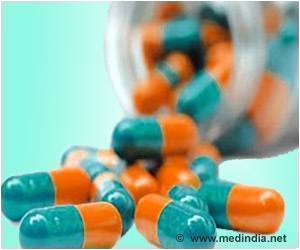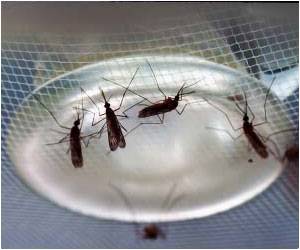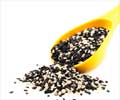A new study has revealed the presence of certain chemicals in edible seeds which can help prevent P.aeruginosa infections.
Hospital infections and cross-infections are a common phenomenon seen in many clinical set-ups. Infections amongst the immune-compromised cases are usually found to be difficult-to-treat as compared to other patients. While there are a number of antibiotics to treat these different infections, a higher difficulty is faced with the variants of bacteria that are antibiotic-resistant. One of such culprits is Pseudomonas aeruginosa.Pseudomonas aeruginosa is a strain of bacteria that causes some sinister and devastating infections amongst animals as well as humans. It is commonly found on most surfaces including hospital equipments. The bacteria are found inside ICUs and frequently affect the immune-compromised patients. Some commonly caused infections include urinary tract infections (UTI), pneumonia, colitis, bleeding and sepsis.
As part of ongoing researches to identify ways to deal with the bacteria, a new study has suggested that certain glycoproteins found in edible seeds-known as lectin-blocking glycodecoys can help fight against these bacteria in both animals as well as humans.
The researchers suggested that anti-adhesion treatment is one of the most important methods to treat P. aeruginosa infections amongst cases of cystic fibrosis and the immune-compromised. P. aeruginosa binds to the target cells by adhering to these cells by the production of lectins. Anti-adhesion treatments involve the use of glycodecoys that compete with these lectins to bind with the target cells. This prevents the adhesion of these lectins to the target cells.
The researchers probed for the presence of these glycodecoys in edible-seeds. Hemagglutination-inhibition test was used for the detection of these glycodecoys.
The researchers found the presence of these glycodecoys in edible seeds including cocoa, tomato seeds, cashew, coffee and pumpkin. It was observed that these glycodecoys protect the embryos of these edible seeds from infections.
Reference:
Source-Medindia











